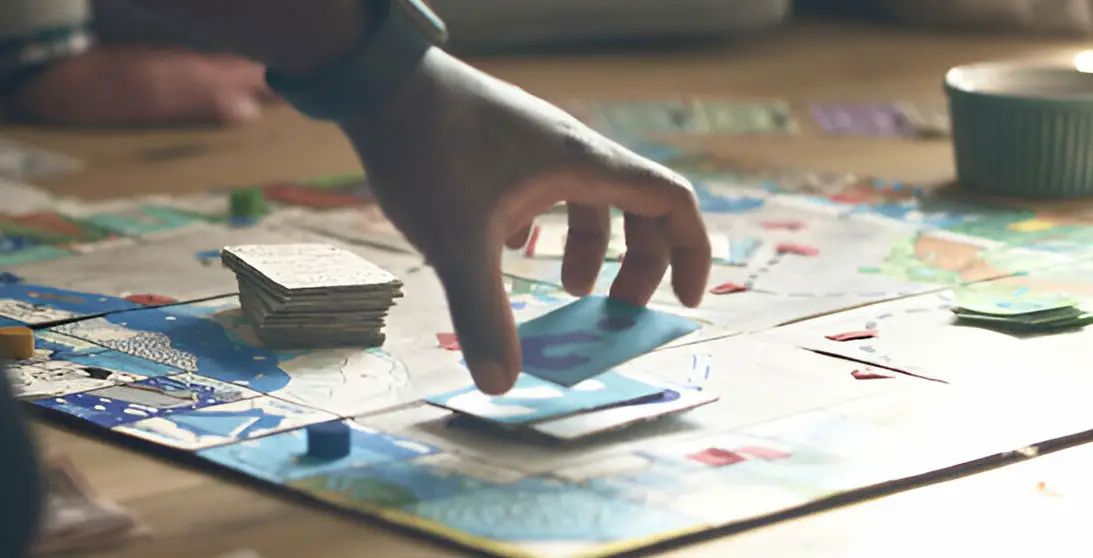In the world of competitive games, one age-old debate continues to spark discussions: how much of winning is based on skill, and how much is pure luck? Whether you’re sitting at a poker table, engaging in high-stakes esports, or strategizing over a complex board game, success often depends on a delicate balance between skill and luck. Understanding how these elements interact can help players refine their strategies and improve their chances of victory.
The Role of Luck and Skill in Poker
Poker is an iconic example of a game that combines both skill and luck. The draw of the cards is purely random, meaning luck plays a significant role in short-term outcomes. To get a poker example, visit divinecasino.org. However, over the long run, skillful players consistently outperform casual players by making mathematically sound decisions, reading opponents, and managing risks effectively.
Professional poker players use probability calculations, bluffing techniques, and game theory to minimize their reliance on luck. While a beginner may win a few hands based on sheer chance, sustained success in poker is almost always the result of strategic play and experience.
Esports: A Test of Pure Skill with a Touch of Randomness
Esports, including games like League of Legends, Counter-Strike, and Dota 2, primarily reward skill, but luck can still be a factor. Random elements such as critical hits, spawn locations, and even internet latency can introduce an element of chance into the game. However, unlike poker, where luck can lead to unexpected wins, esports success overwhelmingly depends on a player’s reaction time, strategy, teamwork, and mechanical skills.
Professional esports players dedicate thousands of hours to perfecting their craft, ensuring that skill outweighs any random in-game elements. Teams that understand game mechanics, meta-strategies, and opponent tendencies can consistently dominate, reducing the influence of luck to a negligible level.
Board Games: A Delicate Balance
Board games vary significantly in how they balance skill and luck. Games like Chess or Go are entirely skill-based, with no random elements affecting gameplay. On the other hand, games like Monopoly or Risk introduce dice rolls and card draws, making chance a major factor in determining outcomes.
Some modern board games, such as Catan or Terraforming Mars, attempt to blend luck and strategy. These games introduce randomness through card draws or dice rolls but allow skilled players to mitigate bad luck through resource management, trading, or decision-making. The best board games strike a balance where skill can influence the outcome, but an element of unpredictability keeps the experience fresh and exciting.
Finding the Right Balance
Understanding the interaction between luck and skill in different games can help players improve their strategies. Here are some ways to optimize your approach based on the type of game:
- In poker, focus on probability, reading opponents, and managing your bankroll to reduce the impact of bad luck.
- In esports, master game mechanics, practice consistently, and develop strong teamwork to ensure that skill prevails.
- In board games, learn strategies that minimize the effect of randomness and maximize decision-making advantages.
Final Thoughts
Whether you’re strategizing in poker, competing in esports, or enjoying a board game with friends, recognizing the balance between luck and skill is key to long-term success. While luck may determine short-term outcomes, skill is what separates casual players from champions. Master the aspects you can control, and you’ll find yourself winning more often than not!
